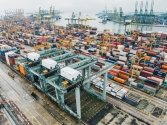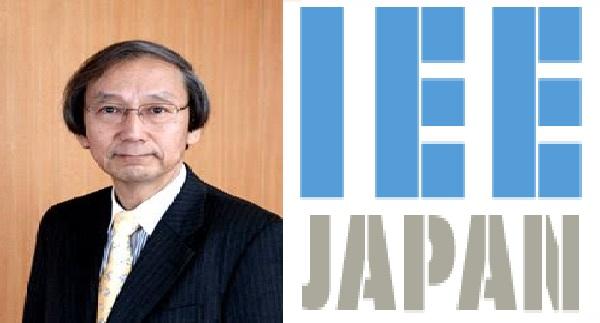
There is no "perfect" sustainable energy for Japan: Institute of Energy Economics CEO
Balance is the key to achieve ambitious conservative energy goal.
Asian Power recently caught up with Masakazu Toyoda, Chairman and CEO of The Institute of Energy Economics, Japan (IEEJ) as he discussed sustainable energy both for Japan and the rest of ASEAN.
As a Chairman and CEO of the Institute of Energy Economics, Japan (IEEJ), Mr. Masakazu Toyoda has been very active in national debate on energy mix after the Fukushima incident. Additionally, as a member of the Advisory Committee for Natural Resources and Energy, the Ministry of Economy and Trade and Industry (METI), he led his team at IEEJ to produce a variety of reports based on fair and objective quantitative analyses. These analyses induced fact-based discussion at the Committee on Basic Energy Issues and are valued by experts both inside and outside of Japan.
ASIAN POWER: As an energy specialist, what do you think is the sustainable energy for your country? How can that energy usage be associative with ASEAN?
The sustainable energy need to be identified from such standpoints as “3E +S”; Energy Security, Economic Efficiency, Environment and Safety”. Unfortunately, there are no perfect energy from these standpoints. Therefore, Japanese Government decided in July 2015 to have a balanced set of energy mix goals toward 2030 among renewable energy, nuclear energy and fossil fuels (gas, oil and coal), as well as ambitious energy conservation goal. Regarding fossil fuels, it was decided that cleaner use of fossil fuels should be promoted as such coal fired plants can be allowed only when USC and much cleaner technology is adopted.
ASEAN is no exception in having no perfect energy and also may need a balanced set of energy mix and adequate energy conservation targets. It is not surprising for some countries with big population to intend to have nuclear energy as well, which provides massive electricity in an efficient manner.
ASIAN POWER: In your view, what alternative energy do you think is suitable for the main energy consumption substitution and reduction in ASEAN?
Again, there is not any single perfect energy for sustainable development in ASEAN either. Although the majority of energy consumed by ASEAN could be fossil fuels even in 2040, the introduction of renewable energy need to be accelerated as much as possible in order to address Climate Change and ,wherever possible, nuclear energy with appropriate safety scheme as well,
Among fossil fuels, gas is relatively clean and is also welcome in ASEAN. In order to increase the use of gas, we need to lower the price so that many ASEAN countries can afford to use. For this purpose, we need to cooperate in Asia to eliminate destination clause for LNG, establish Asian hub and have appropriate price signals reflecting demand and supply situation in Asia rather than oil indexation, which has lost its relevance as price signals for LNG.


















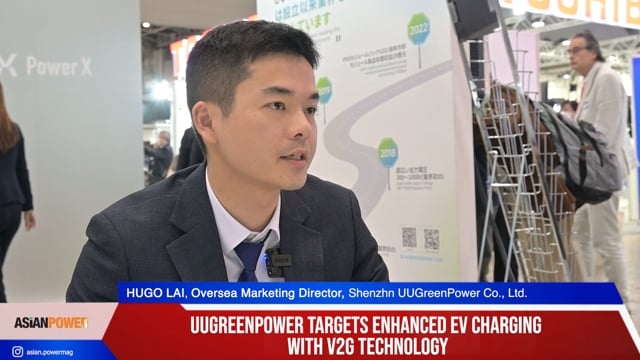

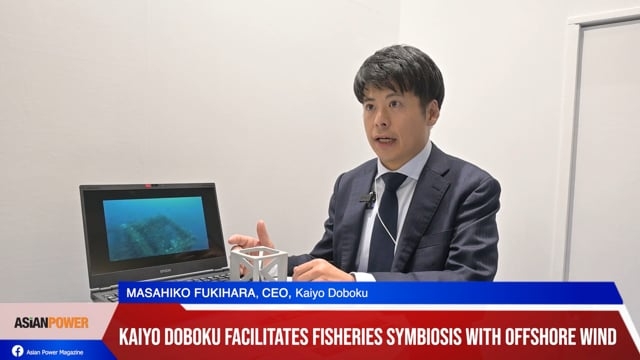
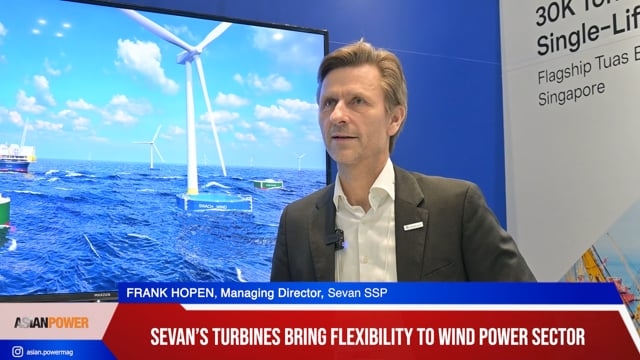

 Advertise
Advertise
